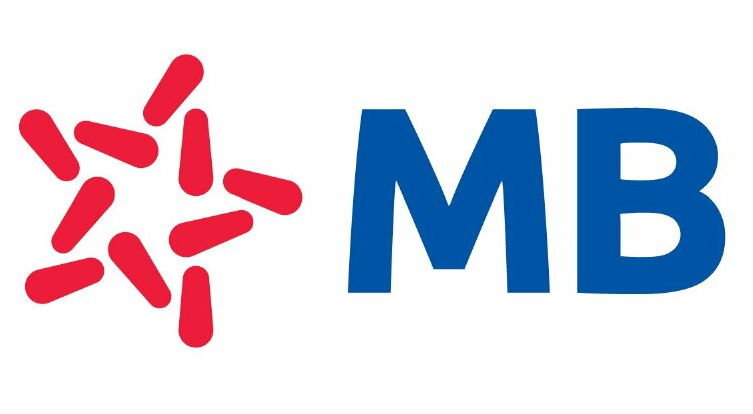What is PDPA?
PDPA (Personal Data Protection Act) is a law designed to protect the rights and privacy of individuals, ensuring that personal data is not collected, used, disclosed, or shared without the owner’s consent. This law has been in effect since June 1, 2022.

Who does PDPA apply to?
PDPA is not limited to large organizations—it applies to anyone who collects or uses personal data, whether for business purposes or other activities, including:
Organizations, companies, or government agencies that handle data of customers, employees, or partners
Small business owners or freelancers who collect customer data such as names, phone numbers, or emails
Individuals who process personal data in any systematic way, e.g., for marketing, sales, or advertising
What types of data are protected by PDPA?
PDPA safeguards identifiable personal data, divided into two main categories:
General personal data
Name and surname
Address, phone number, email
ID card number, bank account number
Employment and salary information
Sensitive personal data
Race, religion, political opinions
Health history, criminal records
Biometric data (fingerprints, face, voice)
Sexual orientation
What to do if your data is violated
If your rights are violated such as data leaks, unauthorized sale, or use without consent you can:
File a complaint with the Personal Data Protection Committee (PDPC)
Sue in civil or relevant courts to claim damages
Offenders may face civil, criminal, or administrative penalties, depending on the severity of the violation

How PDPA affects work life
PDPA directly impacts employees, employers, and all professionals:
General employees: Salary information, work history, and personal documents must be securely stored and used
HR departments: Must handle resumes, applications, and employee data carefully
Marketing/Sales teams: Customer data (phone numbers, emails, purchase behavior) can only be collected with consent
Freelancers/online workers: Any data collected through forms, online courses, or emails must comply with PDPA

PDPA is a law that protects individuals’ personal data, covering both general and sensitive information. Every organization and individual who collects, uses, or discloses data must comply, or face legal consequences.
For employees, PDPA is not distant; it affects how employee and customer data are managed and online transactions are conducted. Understanding and following PDPA safeguards legal risks and builds trust with clients and within organizations.
For more insights on work, marketing, and skills for your future career, visit Jobcadu, a platform offering job opportunities, skill-building articles, and inspiration for personal and professional growth.
















